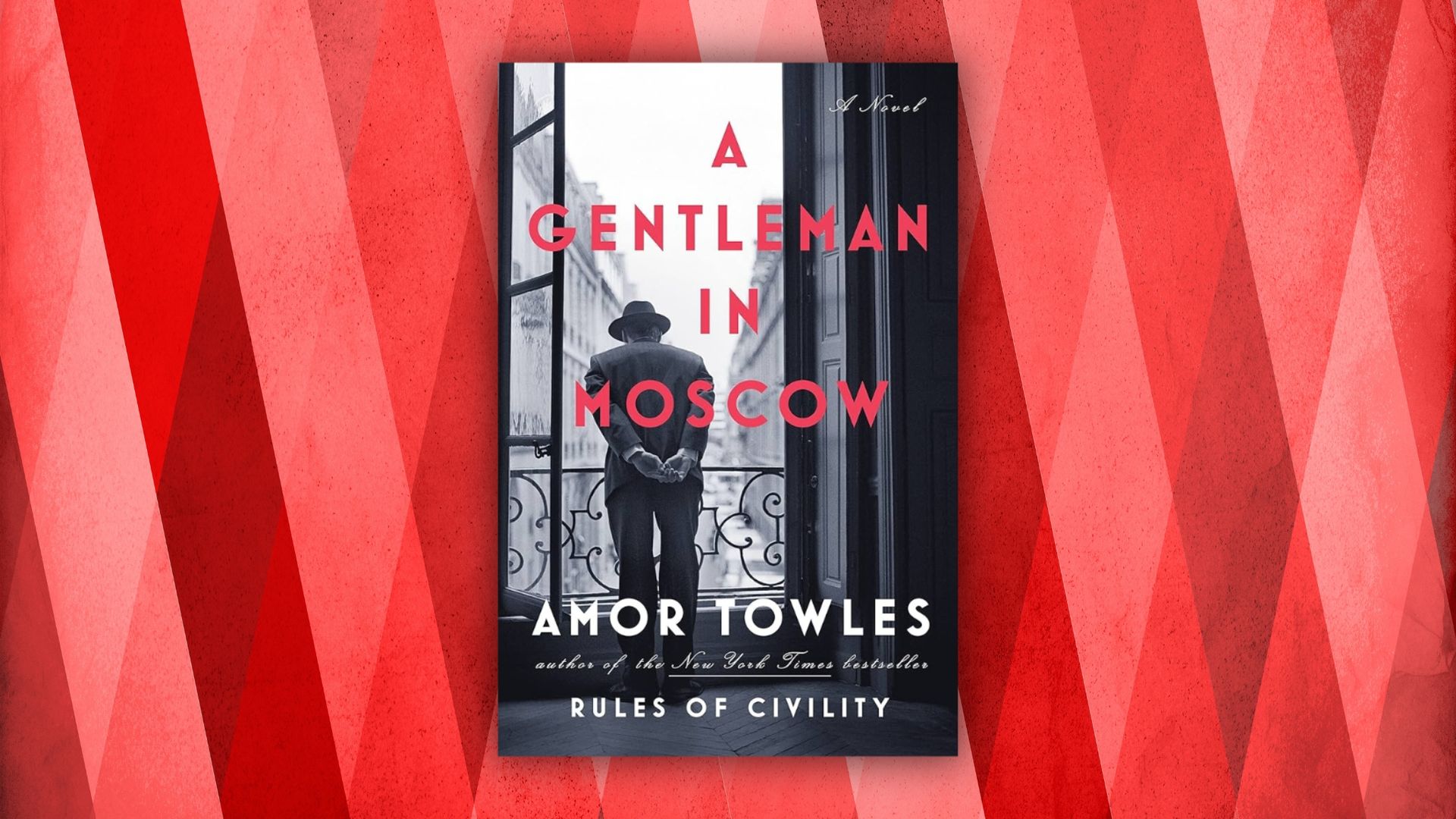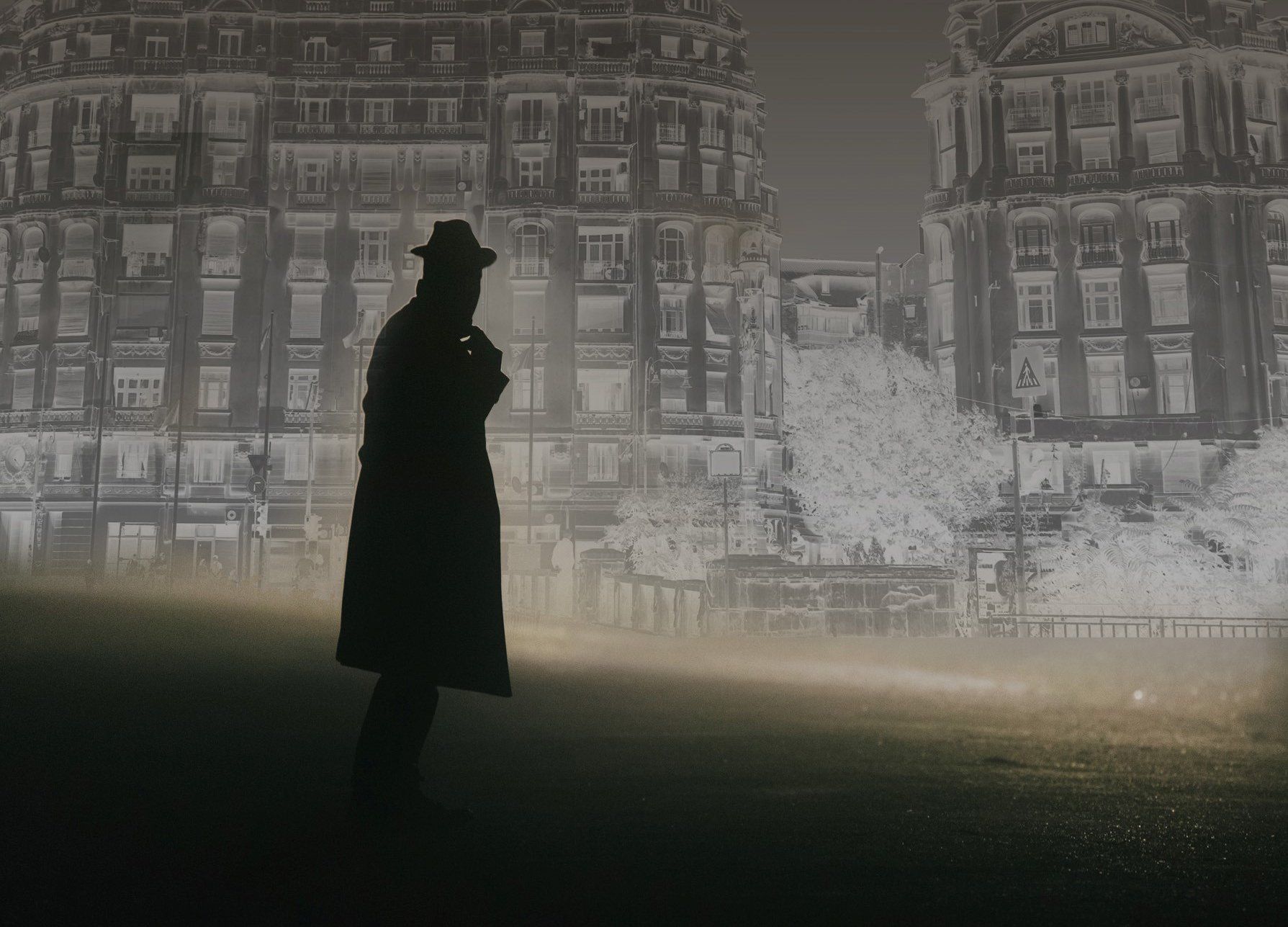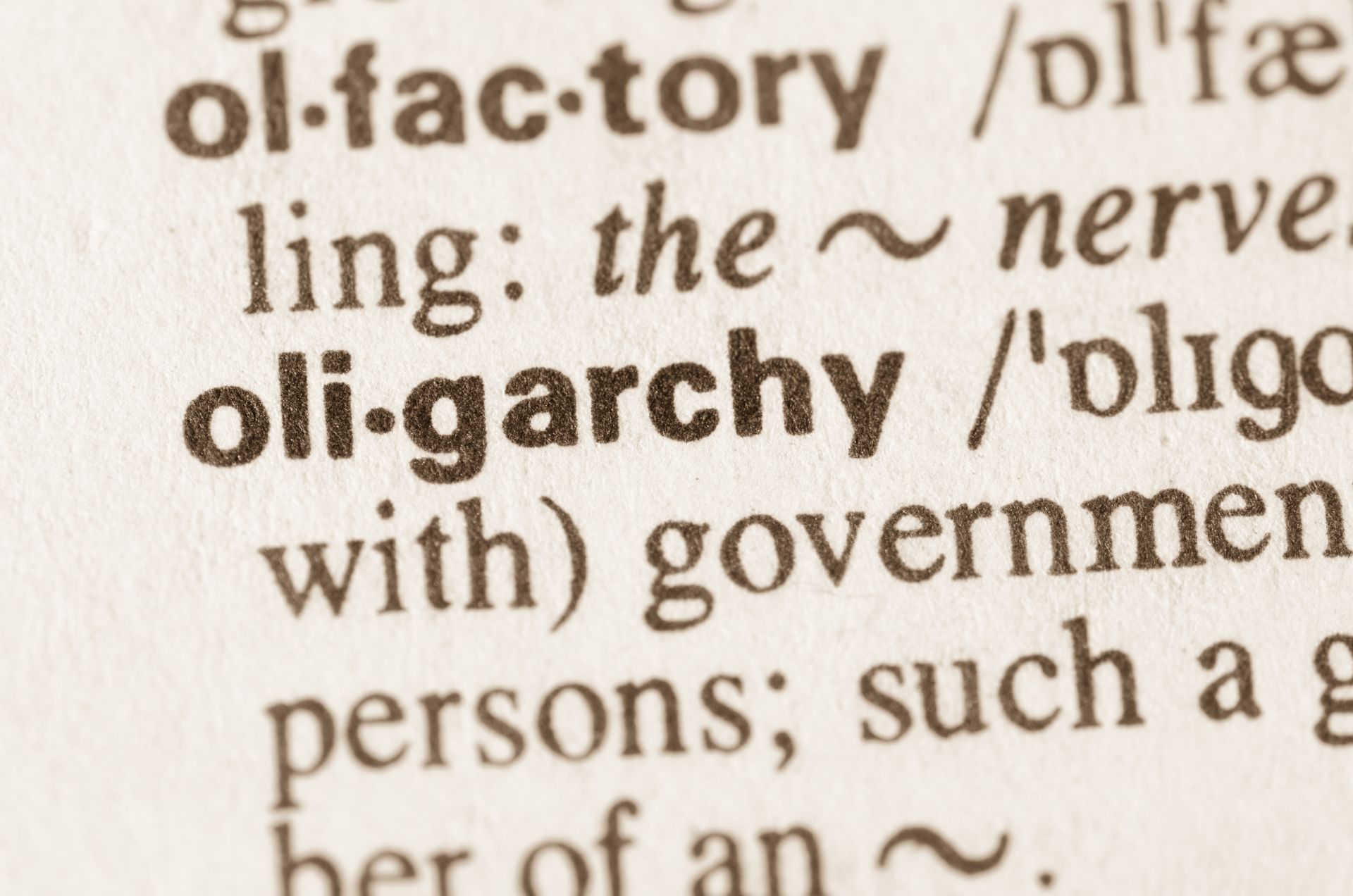A Gentleman in Moscow By Amor Towles
A Second, Closer Look at Amor Towles’
“A Gentleman in Moscow”

With the popularity of Amor Towles at an all-time high from the recent launch of the TV series “A Gentleman in Moscow” based on his bestselling novel and his just-published and highly acclaimed Table for Two collections of short stories, multi-award-winning author William Maz (The Bucharest Dossier and The Bucharest Legacy) files this insightful essay prompted by his second read of A Gentleman in Moscow.
It is such a pleasure to be reading A Gentleman in Moscow (Viking) again, having first read it when it came out some years ago. And as it should be with fine works of art, the second reading is even more rewarding than the first. The question that crossed my mind before the first reading, and that sprang again before the second as a paradoxical memory, was how in God’s name is the author, Amor Towles, going to keep my interest over 400 pages recounting the story of a count condemned to spend the rest of his life in a hotel?
Of course, I had forgotten the novel Oblomov, by the Russian writer Ivan Goncharov that I read in college, in which the nobleman Oblomov rarely leaves his bed, and then only to move to a chair. I thought that surely the Count, after a few years, and certainly after decades of being ensconced within the walls of the grand hotel Metropol, would run out of things to do or say or think, and would succumb to the Russian instinct for brooding and depression at the meaninglessness of life, dragging us along with him. But the Count, and the author, do nothing of the kind.
As his beloved country is undergoing the Bolshevik revolution, the Count returns from Paris to assist his grandmother in her flight to Western safety. But instead of remaining abroad with his grandmother and enjoying his wealth and privilege, he returns to his beloved homeland where he is tried for being an aristocrat and is only saved from being shot because of a few revolutionary verses attributed to him.
He is instead sentenced to spend the rest of his life within the confines of the Metropol, the most opulent hotel in Russia. As the story traces his efforts to adapt to his interminable house arrest, we are also provided the opportunity to observe the many historical changes unfolding in Russia through the voices of intriguing characters and the eyes and wit of the Count.
The Count is a gentleman, first and foremost. Speaking with the unflappable humor and eloquence of the old nobility, often playfully contrasted against the plain functionalism of the new proletariat vernacular, he traces his own efforts to conform to the new authoritarian order — even taking on the tasks of headwaiter in the hotel’s famed Boyarsky dining room — with wit and an almost stoic acceptance of history’s daunting passage, all while maintaining his own sense of who he is.
The novel is a tour de force of character study, commentary on the human spirit, inane edicts by the obtuse apparatchiks, and eternal optimism for a mankind that seems to repeatedly tear down what it has built only to reconstruct it in yet another iteration.
Every sentence in this wonderful book is not only written in the stylish voice of the Count, but is chock full of wisdom and humor, sometimes slipped in through the side door, easily missed if not attentive. By the end of the story we have sauntered through events in history, listened to Chopin and Tchaikovsky, tasted the exquisite dishes of the Boyarsky, debated Dostoyevsky, Pushkin, Gogol, and Aristotle, and reconsidered the meaning of life, all within the confines of the Hotel Metropol.
It is a book to be read slowly, its words and sentences to be savored like a fine wine or one of the Boyarsky’s legendary dishes served to the Count on a daily basis. It is also a salute to a period long gone that, despite being susceptible to rebukes of elitism, leaves one with a nostalgia for a time when people spoke with kindness and respect, when you could discuss pressing issues with humor and wit over a glass of wine, and when at the end of the day you could walk arm in arm with your adversary, stopping at the bar for a final nightcap, and see each other off safely into a cab.

Photo Credit: Dmitri Kasterine
About Amor Towles:
Amor Towles is the author of the New York Times bestsellers The Lincoln Highway, A Gentleman in Moscow, and Rules of Civility. His novels have collectively sold millions of copies and have been translated into more than 35 languages. Towles lives in Manhattan with his wife and two children.
Buy This Book:








